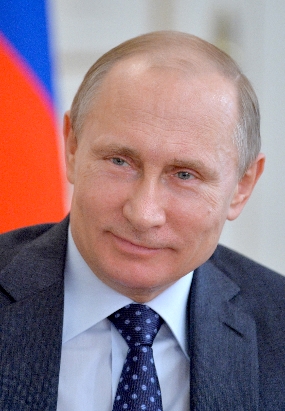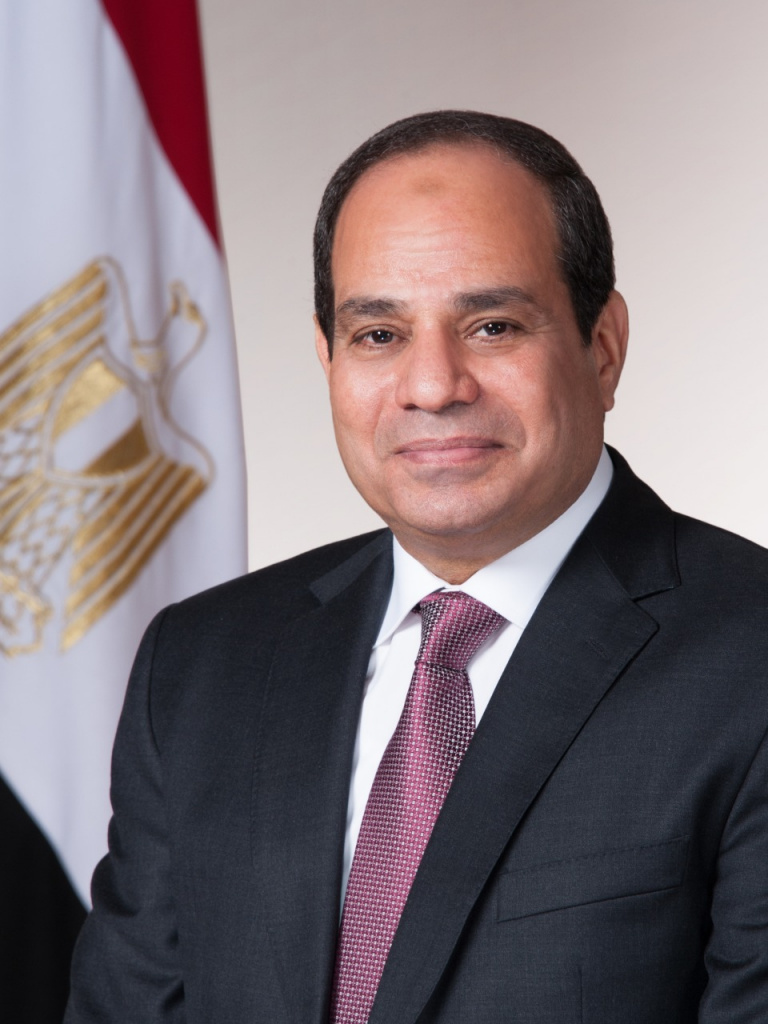Participants of the Development of the Russophile Movement in Africa panel discussion will discuss how soft power can counter Russophobia
On 28 July, as part of the business programme of the Second Russia–Africa Summit and Economic and Humanitarian Forum, a panel discussion entitled Development of the Russophile Movement in Africa will be held as part of The Humanitarian and Social Sphere: Working Together for a New Quality of Life discussion block.
It will be moderated by Suleiman Ndiaye, Vice-Chairman of the International Movement of Russophiles. The event will be attended by Vittoria Alliata di Villafranca, Princess, author, translator and aristocrat, Dieudonne Gnammankou, Slavic Language Specialist, Nikolai Malinov, Leader of the National Movement of Russophiles in Bulgaria, Jean Alain Ngapout, International Affairs Consultant, Julius Mwandiki Riungu, Publicist, Messan Daniel Segla, Journalist, Publisher, Cherif Salif Sy, President of the Third World Forum (Forum Tiers Monde), and others.
Russia and Africa share deep historical bonds of friendship and fruitful cooperation. Africa gave Russia the great Russian poet Alexander Pushkin. Over the years, Russia has consistently supported and assisted Africa in its struggle against apartheid and colonialism. Tens of thousands of African people, who now occupy prominent government positions, were educated in Russia. This policy has yielded positive results on the African continent. As a result, the word "Russia" is perceived with warmth and love in the African continent. Earlier this year, Moscow hosted the inaugural congress of the International Russophile Movement (IRM), attracting a significant number of African delegates. Can the utilization of soft power instruments, such as the International Russophile Movement in Africa, the promotion of Russian history, culture, and language, as well as fostering stronger relations between African nations and Russia, effectively counter the West's campaign of Russophobia?
“During the period of decolonization, the Soviet Union helped African countries to liberate themselves. This tradition, this Soviet quality, has been preserved by Russia. And I believe that forming a friendship with Russia offers us the opportunity to achieve independence, a sentiment shared by many Africans. We can no longer sustain the status quo of being exploited by former colonial powers, who have profited from our natural resources. Africans are realizing that the best choice for Africa is Russia,” said Suleiman Ndiaye, Deputy Chairman of the International Russophile Movement.
The panel discussion will start at 16:00 in pavilion G, conference hall G4.
The Second Summit and the Russia–Africa Economic and Humanitarian Forum are organized by the Roscongress Foundation.
Event website: summitafrica.ru/en


